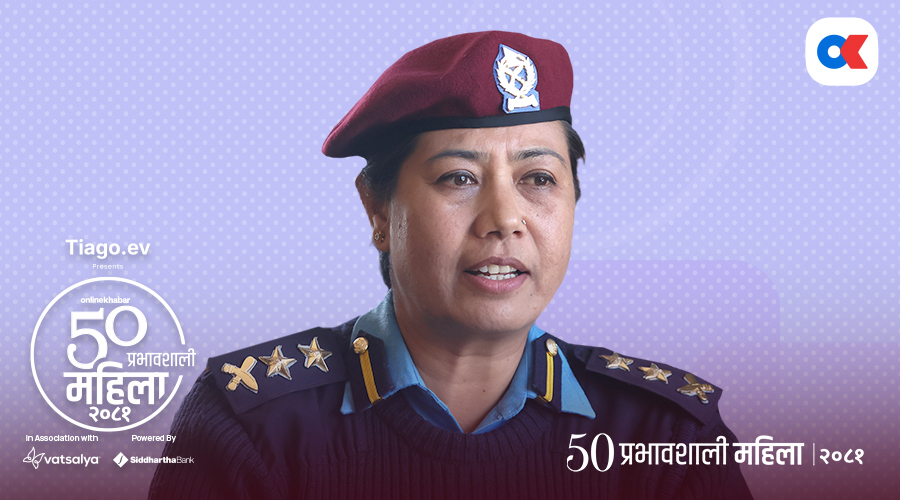
Imagine walking through life, constantly questioning whether you’re truly seen or respected for who you are. For many LGBTQI+ individuals, this is a daily reality. Whether through discrimination on the job, verbal and social exclusion, or other monumental yet understated human rights crises, the LGBTQI+ community constantly negotiates for social recognition and equal treatment. But what if the narrative changed, both through and beyond the voices of those whose lives are profoundly impacted? The answer lies in allyship. Neither gay nor lesbian, but, through their loyalty to the cause, heterosexual individuals make a real difference in standing up against hate by witnessing, promoting, performing, working or fighting for equality.
Being an ally to the LGBTQI+ community is more than just a label or a hashtag, it’s a commitment to creating tangible change. Knowledge is the first step towards successful allyship. Supporters of the LGBTQI+ community need to understand sexuality, sexual orientation, and gender identity and also the numerous hurdles every individual faces in pursuing self-identity, including mental health, legal advocacy, and inclusive environments. Reading books, attending webinars, and following LGBTQI+ activists on social media can inform allies about what they need to advocate for the LGBTQI+ community.
Equally vital is the readiness to uproot discrimination. Often, discrimination against LGBTQI+ people is manifested in the form of cruel jokes, slurs or stereotypes. An ally needs to always stand up against discrimination wherever it occurs, in social settings or online, indicating that discrimination is intolerable. Giving voice to them provides an environment befitting the LGBTQI+ community, where the community or supporting party can feel safe and respected.
Next, elevating LGBTQI+ voices could be a way to show support, especially during instances where LGBTQI+ individuals have been neglected or sidelined while sharing their concerns. Whether it’s through a social media post, joining LGBTQI+ events, or advocating for LGBTQI+ rights in public and private conversations, elevating these voices makes a world of difference. A true ally is about standing with the community; not over it. Alliedness is primarily about listening. Cultural issues faced by LGBTQI+ persons are real to them and difficult for others to fully comprehend. This is why careful listening with an open mind and heart is essential in showing that one cares and is willing to learn more about such people. It is about enabling spaces so that the LGBTQI+ people can share their stories, knowing that they will be met with empathic and respectful responses.
Inclusivity begins with the use of respectful language and proper pronouns. The very idea of misgendering may be organized as hurtful or belittling to a great number of people. This small act is actually a large part of creating a socio-environment where people feel seen and validated for who they are. Advocacy does not stop at personal connections around LGBTQI+ rights but also pushes for systemic changes. This advocacy includes everything from the endorsement of policies to protect LGBTQI+ persons from discrimination, pushing for gender-inclusive education, to voting for politicians who represent equal rights for all. Writing to support organizations as well as donating to causes that work for equality are other effective ways of demonstrating one’s commitment to change. It is only with our collective efforts that we can ensure the upholding of the rights and dignity of LGBTQI+ people across all levels of society.
Another great way to show solidarity with LGBTQI+ folks and communities is to attend LGBTQI+ events and ‘Pride March’. Attendance at such events indicates an alliance with the community in their celebration and struggles for acceptance. It provides an opportunity to learn firsthand the struggles the LGBTQI+ community has to face, and perhaps on occasion to interact with some folks on a more personal level. Pride events can work great to remind people that there is still an ongoing effort for equality and justice.
At the end of the day, being a good, inner ally requires some consistency and commitment. Supporting LGBTQI + businesses and initiatives is yet another act of allyship. That is buying from LGBTQI+-owned businesses, sponsoring events and making donations to LGBTQI+ charities. Advocating for the LGBTQI+ community is not a one-time act; it is about being there day in and day out to challenge oppression and stand with those who face it. It means learning, reflecting and working towards a solution time and again. Being, at every level, present to ensure the ongoing rights of LGBTQI+ people, both politically and personally. The force with which allyship contributes towards LGBTQI+ rights is a powerful force for good. Through solidarity, education, activism and sustained commitment, allies can build a world where each person is free to live and love as they are.

















